Orgainc gardening is NOT pesticide free!!!
hollyhocks
16 years ago
Related Stories

GARDENING GUIDESGet on a Composting Kick (Hello, Free Fertilizer!)
Quit shelling out for pricey substitutes that aren’t even as good. Here’s how to give your soil the best while lightening your trash load
Full Story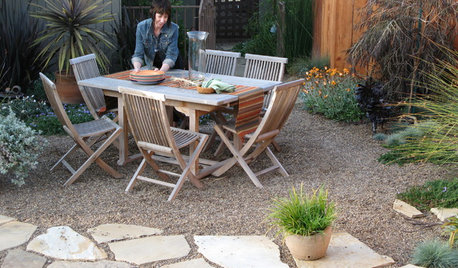
LANDSCAPE DESIGN15 Great Ideas for a Lawn-Free Yard
End the turf war for good with hardscaping, native grasses and ground covers that save water and are easier to maintain
Full Story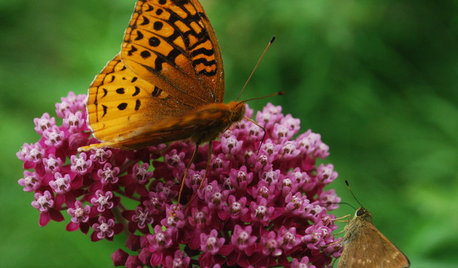
GARDENING GUIDESGreat Design Plant: Asclepias Incarnata for a Butterfly Garden
Beautiful swamp milkweed makes it easy to help monarchs and other pollinators in eastern U.S. gardens
Full Story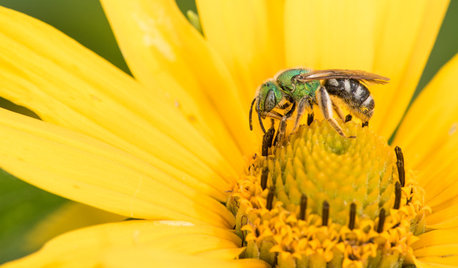
GARDENING GUIDESGreat Design Plant: Heliopsis Helianthoides, a Pollinator Favorite
Plant smooth oxeye in eastern U.S. gardens for its bright, sunny flowers and upright form
Full Story
GARDENING FOR BUTTERFLIES3 Ways Native Plants Make Gardening So Much Better
You probably know about the lower maintenance. But native plants' other benefits go far beyond a little less watering and weeding
Full Story
EDIBLE GARDENSHow to Grow Your Own Sweet Summer Crops
This guide will help any gardener get started on growing the freshest warm-season veggies and berries for summer
Full Story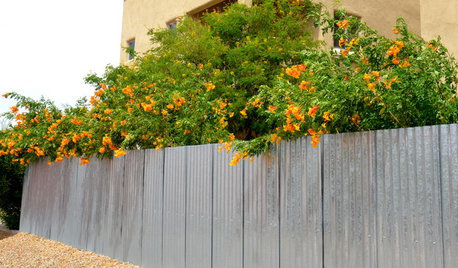
FLOWERS AND PLANTSTecoma x ‘Orange Jubilee’ Enlivens Southern Gardens
Masses of orange trumpet-shaped flowers decorate this tall shrub, attracting hummingbirds from near and far
Full Story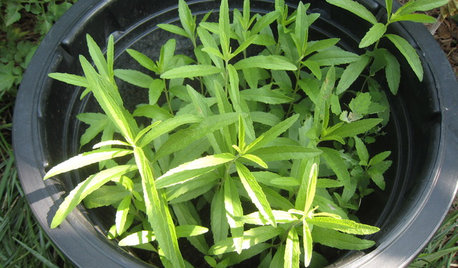
FALL GARDENINGBe Your Own Wildflower Nursery
Gather seeds from your garden in fall, and you'll have a selection of plants for next year — without spending a dime
Full Story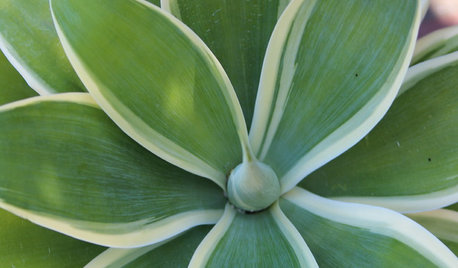
CALIFORNIA GARDENINGCalifornia Gardener's April Checklist
Outsmart droughts with water-savvy plants and sustainable approaches that suit the landscape
Full Story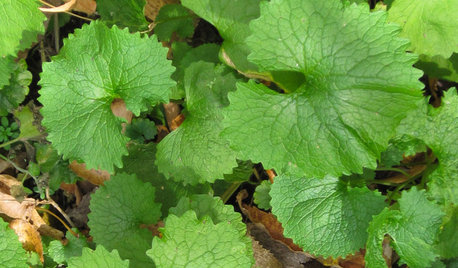
GARDENING GUIDESDo You Have This Invasive Plant in Your Yard?
Garlic mustard is spreading across the U.S. Here’s how to spot it and what to do
Full Story





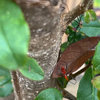

Kimmsr
rhizo_1 (North AL) zone 7
Related Professionals
Richmond Heights Landscape Architects & Landscape Designers · Waunakee Landscape Architects & Landscape Designers · Bound Brook Landscape Contractors · Cockeysville Landscape Contractors · Concord Landscape Contractors · Huntington Landscape Contractors · Laguna Hills Landscape Contractors · Palatine Landscape Contractors · Ridgewood Landscape Contractors · Brooklyn Park Decks, Patios & Outdoor Enclosures · Dayton Decks, Patios & Outdoor Enclosures · Freehold Decks, Patios & Outdoor Enclosures · Hobart Decks, Patios & Outdoor Enclosures · Kyle Decks, Patios & Outdoor Enclosures · Vandalia Decks, Patios & Outdoor Enclosuresfruitgirl
gardenlen
tclynx
dchall_san_antonio
hollyhocksOriginal Author
albert_135 39.17°N 119.76°W 4695ft.
david52 Zone 6
lilacs_of_may
pnbrown
tclynx
pnbrown
steve2416
pnbrown
byron
maupin
trubbadubbadoo
dchall_san_antonio
led_zep_rules
softmentor
compost_hugger_nancy
softmentor
compost_hugger_nancy
pnbrown
jolj